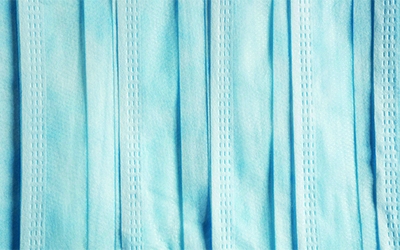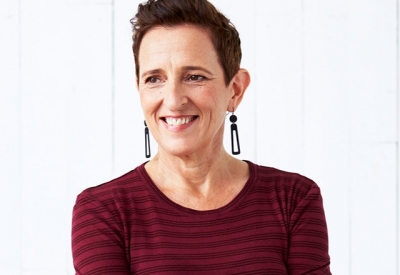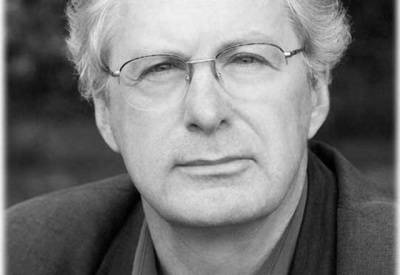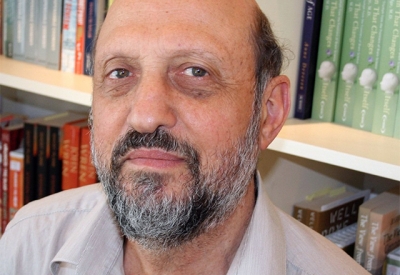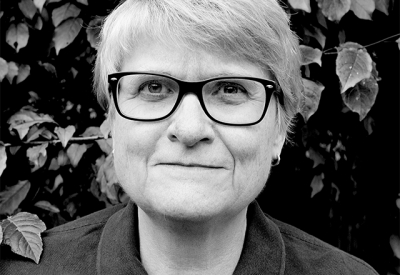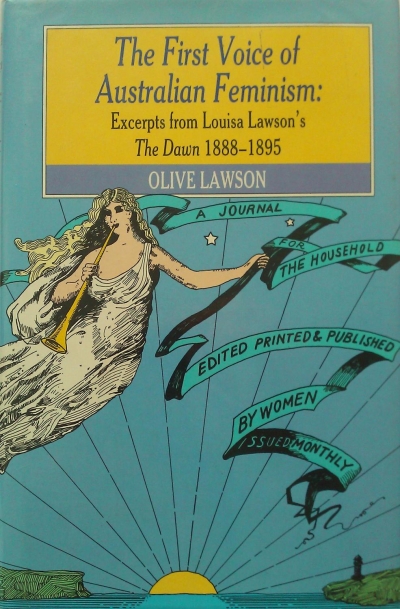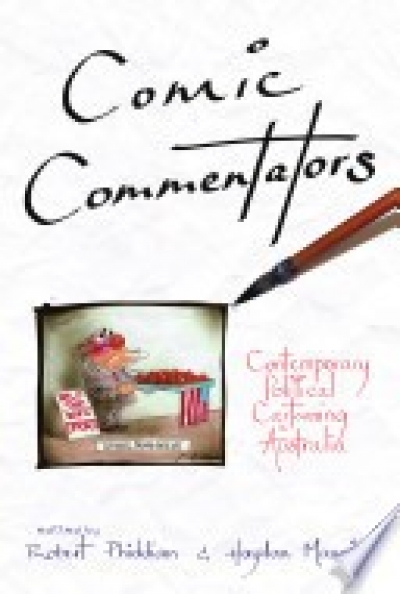December 2008–January 2009, no. 307
Like many people, I am addicted to a segment called ‘Talking Pictures’ on the ABC’s Insiders programme, hosted by Mike Bowyers. The three minutes are over in a flash. In fact, the brevity is well judged: humour needs understatement, not overkill. Watching those cartoonists for that short time, cheerful and amused as they invariably are in the face of folly, bastardry and disaster, the viewer is lifted above the baffling maelstrom, with a cleared head, steadied balance and restored vision. Of course, it can’t last. Comic Commentators, a collection of essays investigating political cartooning in Australia, is generously illustrated by a selection of nearly 120 cartoons that represent the output of Australia’s current crop of cartoonists. Two notable absences are Michael Leunig and John Spooner, both deferred to on several occasions, but not much discussed, and not illustrated. Fourteen contributions, arriving from many directions, converge: we hear from five practising cartoonists, an editor and an art curator, an academic lawyer with expertise in defamation and sedition, a social scientist and three academics in, respectively, the disciplines of government, politics and literature and culture. It is a productive mixture.





















